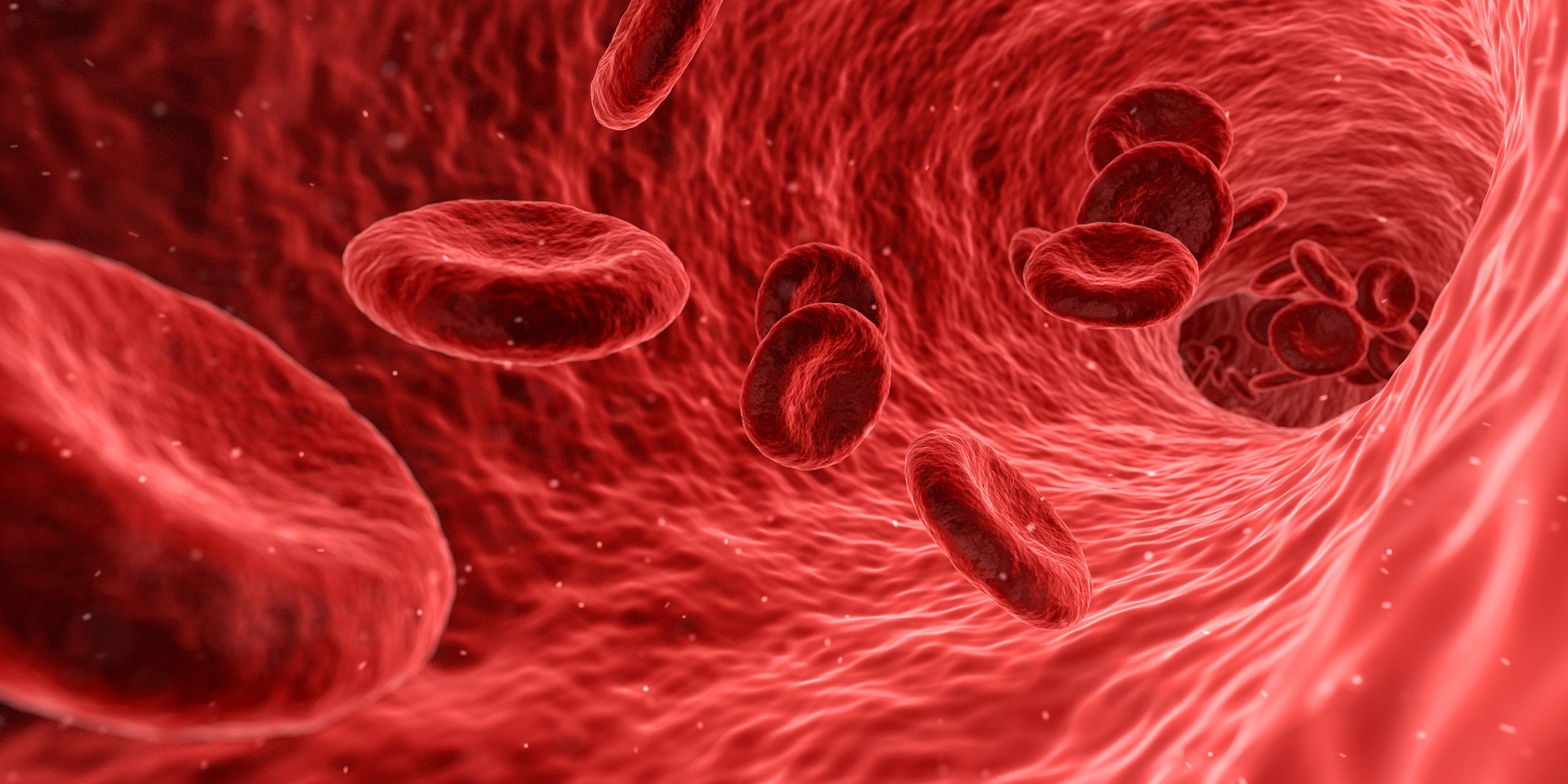In Part I of this series, I wrote about the different aspects of rest and why it’s important. This post is focused on the practicals—simple tips and tools to rest and find restoration.
Take a Sabbath.
In my last post I mentioned The Mudhouse Sabbath by Lauren Winner as the inspiration for my experiment in taking a full 24-hour Sabbath from studying and working during nursing school. During this experiment, I discovered the Sabbath does not have to be the traditional midnight-to-midnight day; it could mean sundown-to-sundown in the traditional Jewish sense, or it could mean noon-to-noon or whatever other 24-hour period fit the natural flow of my days. Regardless of when I took a Sabbath, setting aside 24 consecutive hours allowed my mind to unwind. Generally, it took about 3-4 hours for my mind to wind down from breakneck college-schedule speed and begin enjoying the freedom of time specifically dedicated to rest.
Photo credit: Pixabay.com
Give yourself permission.
This is a tool I initially learned from Rocky Reentry in a post giving readers permission not to have everything figured out when moving back “home” from overseas. This spoke deeply to me, and I began consciously giving myself permission for other things, as well: permission to make mistakes, permission not to be productive, and permission for many other things. In fact, I created a general list of my “Permissions for Life” and later wrote another list of “Permissions for Reentry” after I moved back from Cambodia. Consciously granting myself permission for things has possibly been one of the most powerful tools I have found to unlock a mindset of productivity and embrace rest and restoration.
Start limiting social events.
Throughout life, our capacities for obligations, working, and social events will vary. In college, I could handle one (or more!) social event every day. In times of depression, I could handle one social event a week. However, when facilitating rest, the question is not “What is the maximum number of events/hours of work I can handle?” Rather, the focus is on health—for example, “Will going to this event leave me drained and exhausted, or will it restore me?” Redefining goals and success to target health and not productivity promotes balance and inherently encourages rest.
Plan to Rest.
I have a friend who schedules blocks of time to be at home, resting, throughout the week. If someone asks to meet during one of these blocks of time, she tells them she already has something scheduled—because she does. She just doesn’t tell them the meeting is with her pillow to sleep in for that one morning out of the week! Telling people “no” is difficult—even harder for me is telling work “no” when they ask me to come in, but when I dedicate days or blocks of time in advance to allow myself to rest and recuperate, it’s easier to politely decline requests for my time. Occasionally, I even tell people “I have plans already” because I do—plans to rest!
Ultimately, rest is something to be learned.
When I first started taking a Sabbath in college, my brain simply did not know how to stop racing, analyzing, and studying. In fact, initially it increased my stress level because I worried I was wasting time. It took time and witnessing firsthand how rest increased my productivity throughout the week and paid off in the emotional and spiritual realms before I learned to relax and allow myself to take a break from working and studying. Likewise, when I first moved back from Cambodia and was working part-time and had very few friends (and therefore social events), it was uncomfortable and felt lonely. Yet with time, I began to adjust, learning to be grateful for the extra time to process experiences and emotions and utilize it accordingly.
I am still learning about rest—how to rest, when to rest, what “rest” is. In the midst of all this learning, one thing remains the same: the more I experience rest, the more confident I am that rest is nothing less than essential and healing to my soul.
What are practical way you incorporate rest into your routine? Have you noticed a difference in your week when you set aside time to rest?








